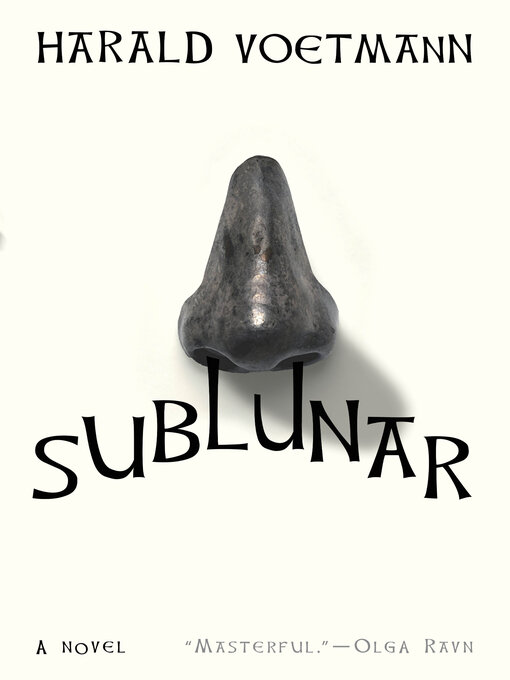In the sixteenth century, on the island of Uranienborg, the pioneering Danish astronomer Tycho Brahe is undertaking an elaborate study of the night sky
A great mind and a formidable personality, Brahe is also the world's most illustrious noseless man of his time. Told by Brahe and his assistants—a filthy cast of characters—Sublunar is both novel and almanac. Alongside sexual deviancy, spankings, ruminations on a new nose—flesh, wood, or gold?—Brahe (a choleric and capricious character) and his peculiar helpers ("I would rather watch her globes tonight than icy stars") take painstainking measurements that will revolutionize astronomy, long before the invention of the telescope. Meanwhile the plague rages in Europe...The second in Voetmann's triptych of historical novels, Sublunar is as visceral, absurd, and tragic as its predecessor Awake, but with a special nocturnal glow and a lunatic-edged gaze trained on the moon and the stars.

